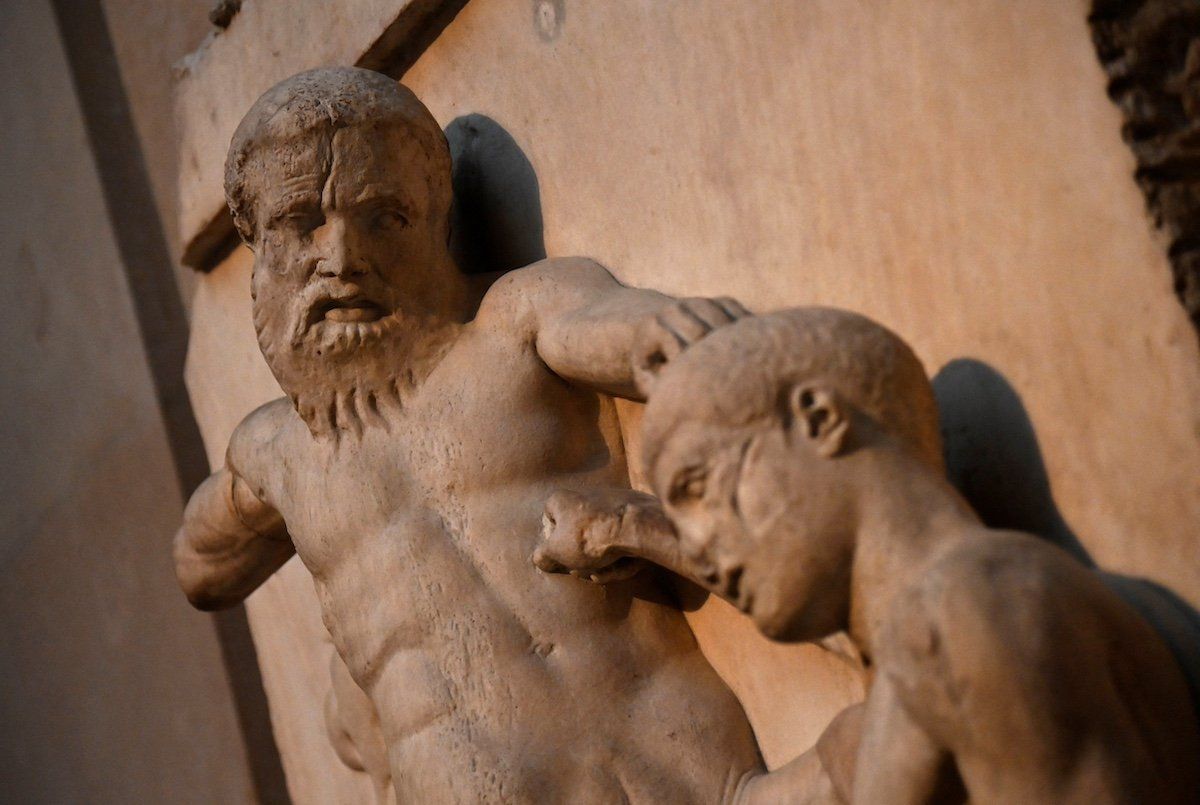Sometimes life imitates art. Sometimes art imitates life. And sometimes — sometimes — art actually screws up a summit between two European heads of state. This week, UK Prime Minister Rishi Sunak abruptly canceled a meeting with his Greek counterpart Kyriakos Mitsotakis after the Greek leader demanded the return of the so-called “Elgin marbles” in a BBC interview. London says the Greeks had promised not to raise the issue publicly. Athens denies this.
What are the Elgin marbles? A set of sculptures from the Parthenon, the famous ancient Greek temple in Athens. They have been on display at the British Museum since the 19th century, when the British Ambassador to the Ottoman Empire – Lord Elgin – plucked them off the badly neglected and half-wrecked Parthenon, which at the time was under Ottoman rule.
The government of modern Greece has long demanded their return to Athens. In 2009 the government even opened a swanky new museum to house the treasures. But the British have refused to hand them over. For one thing, London points out, Elgin had Ottoman permission to remove the artworks, which would otherwise have suffered further neglect and destruction.
But more importantly, a 1963 British law meant to shield artworks from politically motivated decisions actually prohibits the British Museum from repatriating works of art altogether. That law has come under fresh scrutiny amid wider debates about whether European museums should return items taken from former colonies.
Is Sunak OK? Using the marbles dispute to cancel a meeting that was meant to focus on “Gaza, Ukraine, climate, and migration” seems distinctly artless. It’s true that Sunak’s Conservative Party is especially adamant that the sculptures should stay in England. And yes, the PM is struggling with a sluggish economy and an intra-party split over immigration. But the Parthenon sculptures are hardly red meat for his base, and in any event, Athens has reportedly been nearing a quiet compromise with the British Museum.
The best explanation we’ve seen: a
text message that someone on the EU Commission evidently sent to our Eurasia Group pal Mujtaba Rahman: “Has Sunak lost his marbles?”
